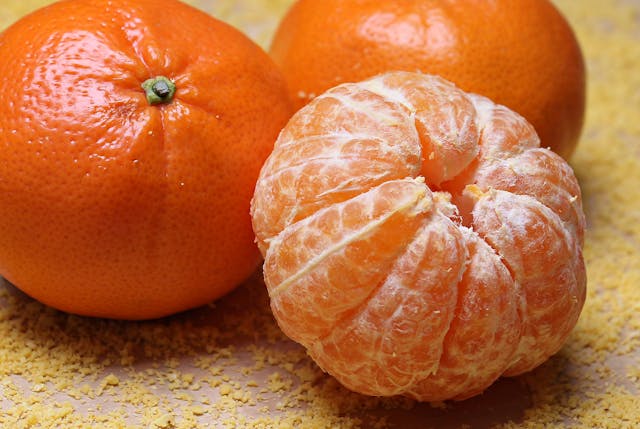Since the onset of the COVID-19 pandemic, collective awareness of our immune system has increased. Once an invisible ally, our immunity is now the topic of Tiktok videos, news articles, and endless product recommendations. Sifting through the hype represents a monumental task.
To boost or not to boost?
Pandemic-driven Google searches focused on strengthening the immune response, but that may not be the best course for everyone. Indiscriminate immune boosting could be harmful in people with autoimmune disease, creating more damage than support to the body, overall.
Research literacy 101
If you’re going to use online resources, avoiding the pitfalls of misinformation can be overwhelming. Dr. Ellen Conte, ND, has a passion for teaching her patients to make informed decisions. “Be wary of statements that sound too good to be true,” she cautions. She guides people toward evidence-based resources like PubMed.gov as well as university and hospital websites.
Supplements
Understanding the specific immune influences of individual supplements can help you put reliable research into action. Always ask your health care practitioner if a supplement is right for you—especially if you are immune suppressed or have an autoimmune condition, take prescription or over-the-counter medications, are pregnant or nursing, or have a medical condition that may be contraindicated with your supplement.
Probiotics
Beneficial strains of bacteria coat our bodies inside and out, creating a living shield to protect us from infection. Probiotic bacteria, both supplemental and naturally occurring, interact directly with our immune system, influencing its function.
Elderberry
Elderberry is an important traditional medicine, long used by the indigenous peoples of North America. Elderberry may boost the immune response by interacting with our dendritic cells—helper cells that spur other cells into action against invaders.
Garlic
In addition to banishing certain pointy-toothed figures of folklore, garlic is equally offensive to fungal and bacterial pathogens. Taking aged garlic extract may reduce the intensity and duration of colds while gently enhancing immune function.
Turmeric
Similar to probiotics, turmeric can dampen the inflammation that accompanies an immune response.
Foods
Include the following nutrients in your diet for ongoing immune benefits.
Fats
Avoid low-fat diets unless you have been otherwise instructed. Fat-containing foods help us to absorb key immune nutrients like vitamin A and vitamin D.
Omega-3 fatty acids
Polyunsaturated fats found in fish, chia seeds, flax, and omega-3 eggs can reduce inflammation and allow for balanced immune function.
Mushrooms and seaweed
These foods contain beta-glucans, soluble fibers that feed our gut flora and gently promote immune activity.
Protein
Amino acids such as arginine, glutamine, and tryptophan form the building blocks of cytokines and other immune factors.
Vitamin C
This well-known immune support cannot be made in the human body. Eat your fruits and veggies to stock up on this nutrient.
Other nutrients
Zinc, from pumpkin seeds; selenium from Brazil nuts; and B vitamins from grains, root veggies, and chickpeas support a wide range of immune functions.
By Dr. Gillian Flower, ND
BetsyHealth Note: This article is for educational purposes only. It is not intended to diagnose, treat, prevent or cure any disease. Consult your healthcare provider before trying a supplement, especially if you have a medical condition, including being pregnant or nursing, take prescription or over-the-counter medications, or are planning on having surgery.
Article copyright 2024 by Alive Publishing Group, Inc. All rights reserved. Used with permission.
Photo by Pixabay:


